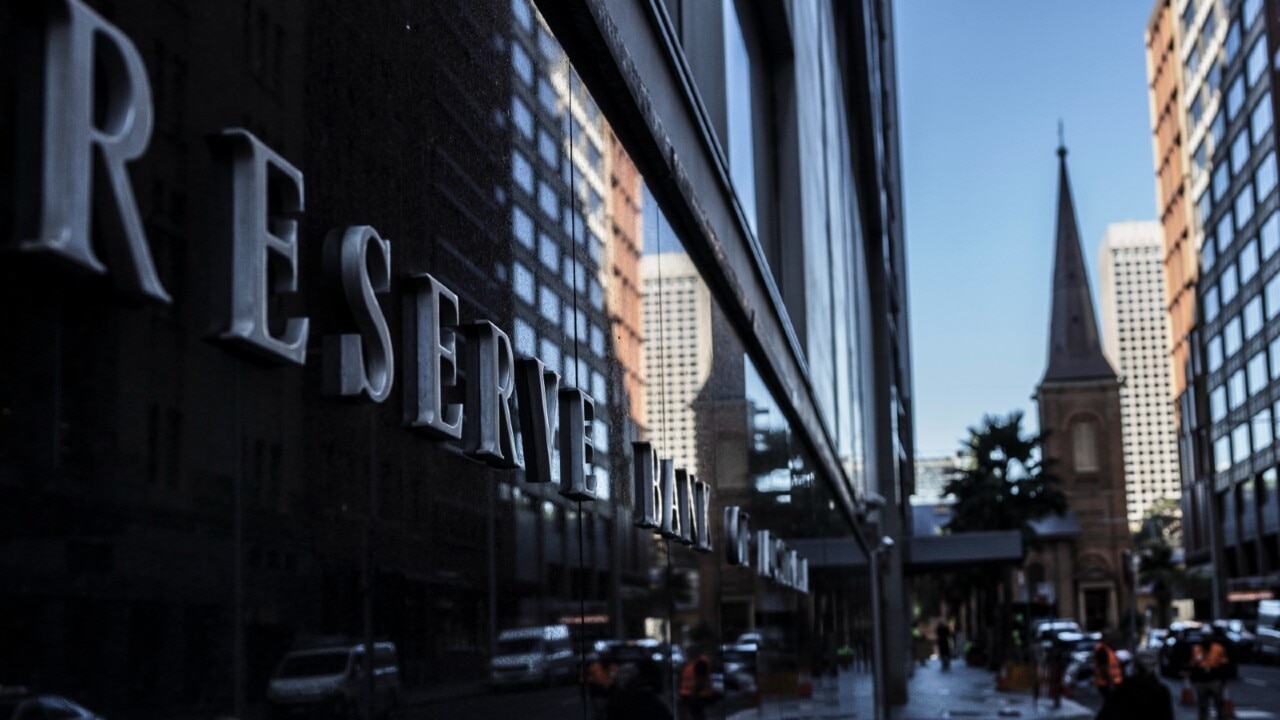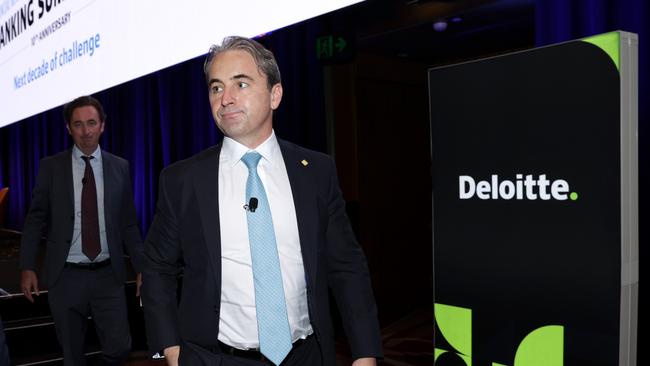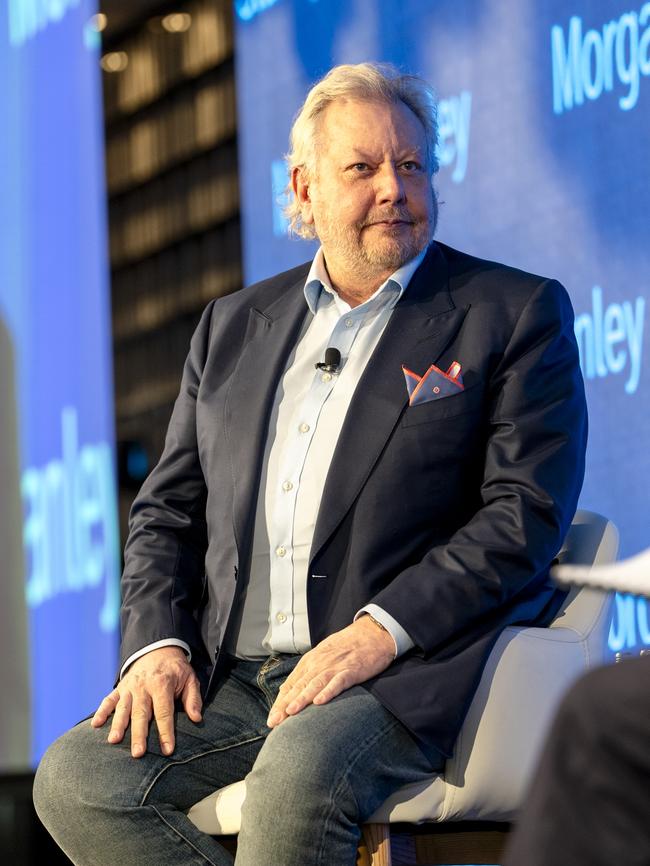Corporate leaders warn of sticky inflation, higher rates
Top business leaders have warned the Albanese government faces a ‘challenging’ task taming inflation, with the timing of a rate cut in the balance.

Top business leaders have warned the Albanese government faces a difficult task taming inflation, with persistent price pressures pointing to interest rates staying high for longer.
Consumer price growth lifted to 3.8 per cent in the year to June, up from 3.6 per cent, but better than feared.
While it eased fears of a rate rise, Treasurer Jim Chalmers said the nation needed inflation to moderate further and faster with price growth still too high amid soaring rents and higher petrol prices and building costs.
Australian corporate bosses said the issue of bringing sticky inflation under control remained a concern.
“It’s always going to be challenging to get inflation down from where it was and moving in the right direction,” CBA chief executive Matt Comyn told The Australian.
“The Reserve Bank of Australia has made that clear about the time frame in which they’d like to see it returning to the target range, whilst also holding on to all of the gains that have been made in the labour market. We are fortunate that unemployment is as low (as it is).”
Mr Comyn said the timing of a rate cut remained in the balance.
“Hopefully we can achieve that narrow path and I think the combination obviously of CPI and how the labour market deteriorates is going to be a key indicator of when rates will be able to come down.”

WiseTech Global chief executive Richard White said inflation was under control, even if the battle continued.
“The inflation monster, the genie, is pretty much back in the bottle”.
Mr White said the company had increased prices to “offset the impact of inflation and generate returns on product investment” in the past 12 months. But, it wasn’t relying on hikes to fuel its strong growth, which led to its share price rallying more than 25 per cent over two days last week and its market value surpassing $40bn for the first time.
“The best way we can grow the business is to monetise our investments by adding a lot more additional value,” he said.
“We do put price rises in because we’re in a technology industry, and the inflation rate is a little bit higher than the normal rate of most economies.”
Banks last week started cutting their term deposit interest rates, signalling interest rate cuts are expected by the market, most likely from early 2025.
However, real estate funds house Qualitas said its view was “probably rates will stay higher for longer”.

“I think that they’ll probably oscillate around the levels we’re in at the moment, but I think we’ll see less capital rate volatility on asset valuations relative to what we saw in the previous period,” Qualitas managing director Andrew Schwartz said.
“So, I’d like to think that in terms of negative revaluations that the worst is behind the industry and therefore equity valuations will be more supported in future periods.”
Charter Hall chief executive David Harrison pointed to different metrics affecting the commercial real estate industry. “I don’t actually think the timing of an official cash rate movement is that relevant,” Mr Harrison said.
“Most people finance real estate on average based on three-year swap rates. So I would be having a focus on that rather than the cash rate.”
Cleanaway said it had “rise and fall” clauses in many of its contracts but external costs remained an issue.
“Where we’re unprotected is where the costs increase outside of, say, CPI,” Cleanaway managing director Mark Schubert said.
“The easy example of that would be things like tyres. Where we saw tyres would pick up CPI as part of the cost markets, and tyres increased more like 10 per cent, so those are the sorts of areas where it’s harder.”
Two of the big insurers also said sticky inflation remained a problem.
IAG CEO Nick Hawkins said he was “beginning to see some signs of inflation easing, and our long-term reinsurance agreement announced in June is expected to reduce year-on-year volatility from extreme weather events and help stabilise costs for our customers over the longer term.
“We saw quite a spike in motor inflation. That’s come back the most, where we were seeing double-digit-type rate increases,” Mr Hawkins added.
QBE boss Andrew Horton said he continued to see reasonable inflation in homes and the motor industry in Australia.
“Inflation is moderating,” Mr Horton said. “It remains more nuanced domestically and quite sticky in a number of lines, including motor.”
Medibank Private managing director David Koczkar said his customers tended to give up other expenses before cutting back on private health insurance, which was seen as essential and delivering value, but he said the frontline staff were definitely hearing that cost of living pressures were biting.
“Whilst consumers are really doing everything to save money, they’re much more likely to reduce spend in more discretionary areas like Netflix or travel or eating out, and they’re more likely to hold on to their cover,’’ Mr Koczkar said.
Additional reporting: Ben Wilmot, David Ross, Giuseppe Tauriello and Cameron England





To join the conversation, please log in. Don't have an account? Register
Join the conversation, you are commenting as Logout